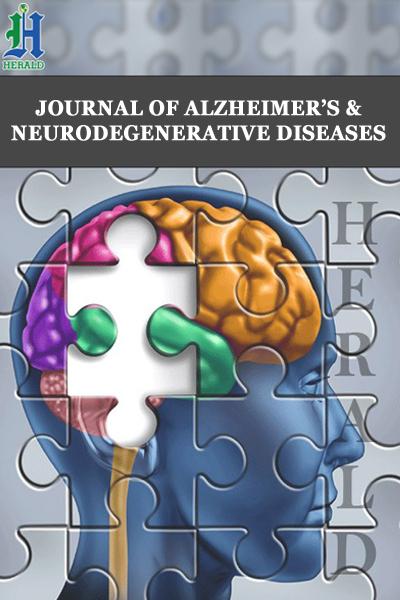
Amyotrophic Lateral Sclerosis (ALS)
Amyotrophic lateral sclerosis (ALS) is a fatal neurodegenerative disease characterized by the progressive degeneration of upper and lower motor neurons in the brain and spinal cord. Clinically, ALS presents with muscle weakness, atrophy, spasticity, dysarthria, and eventually respiratory failure. While most cases are sporadic, approximately 10% are familial, with mutations in genes such as SOD1, TARDBP, FUS, and C9orf72 contributing to pathogenesis. Mechanistic insights point to oxidative stress, glutamate excitotoxicity, protein aggregation, mitochondrial dysfunction, and impaired axonal transport as central to motor neuron degeneration. Neuroinflammation and disruption in RNA metabolism also play key roles. Currently, there is no cure for ALS, and treatment options are limited to riluzole and edaravone, which offer modest survival benefits.
Ongoing research focuses on identifying biomarkers for earlier diagnosis and tracking disease progression, as well as developing gene-targeted therapies, stem cell approaches, and neuroprotective agents. The Journal of Alzheimer’s & Neurodegenerative Diseases welcomes contributions that explore molecular mechanisms, innovative diagnostics, preclinical models, and clinical trials that can enhance understanding and improve outcomes for ALS patients.

